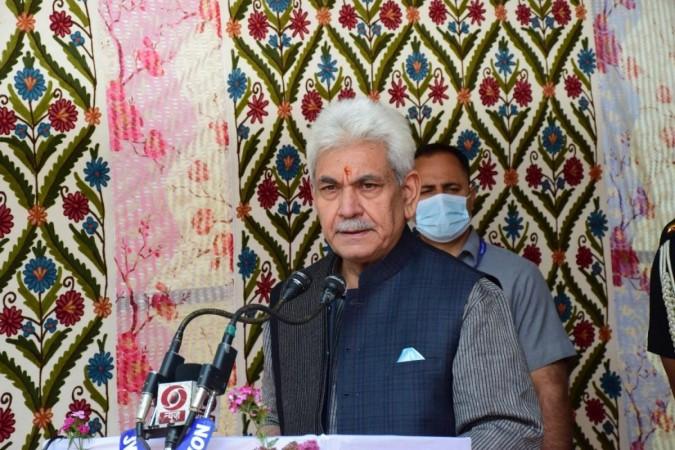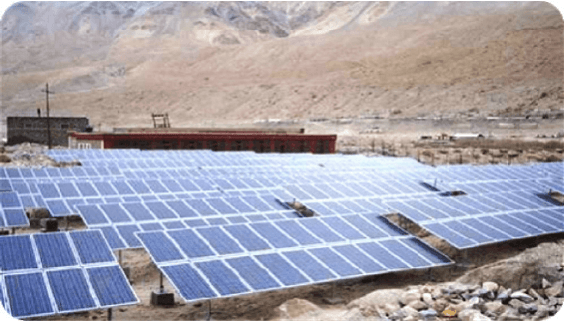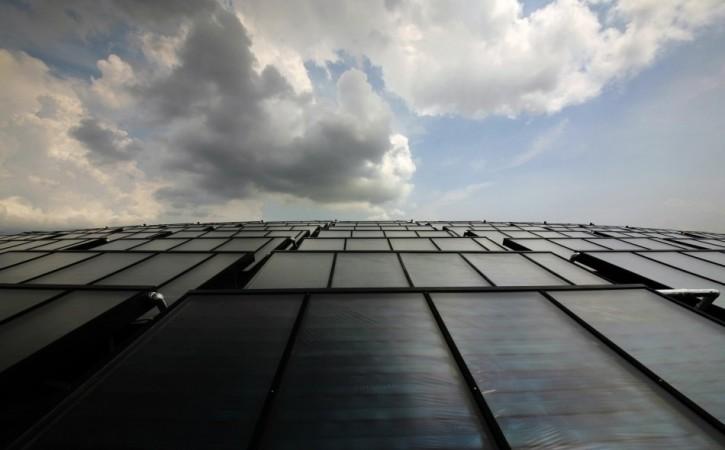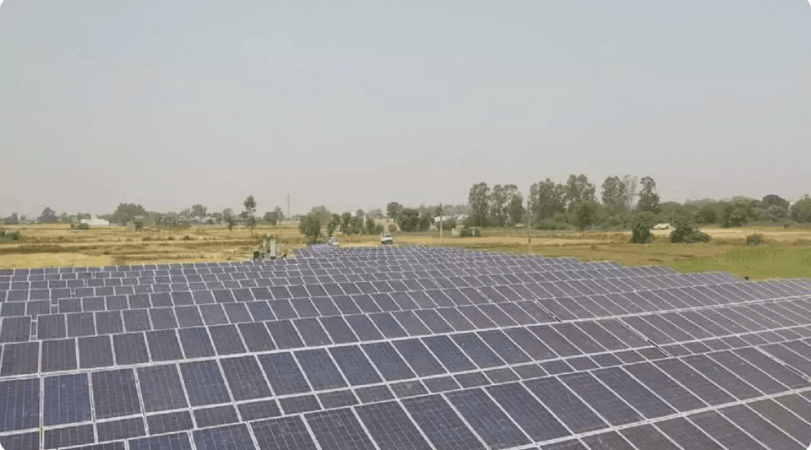After a successful experiment in the Palli village of Samba district, the Union Territory administration has decided to make Jammu the first "solar city" of Jammu and Kashmir.
The Administrative Council (AC) under the chairmanship of Lieutenant Governor, Manoj Sinha, approved the installation of 200 MW of grid-tied rooftop solar power plants under the "Solar City Mission" in Jammu.
The decision has been taken to implement the Union Government Grid-connected Rooftop Solar Scheme, phase-II for the residential sector in Jammu and Kashmir to ensure that the electricity needs of the city are fully met from solar energy.

Under the project, 200 MW grid-tied rooftop solar power plants will be installed on 50,000 residential buildings in Jammu city by the Jammu and Kashmir Energy Development Agency (JAKEDA) under its "Solar City Mission" at an estimated cost of Rs 1040 crore. The project will be completed by March 2024 and will have a lifetime of 25 years.
Subsidized solar power panels will be provided to citizens.
According to an official spokesman, the rooftop solar programme will provide subsidized installation of solar power panels on residential houses at the cost of Rs. 58,739, Rs. 53,995, Rs. 52,594, and Rs. 51,309 for different categories.
The central sector scheme provides a central subsidy component of 40 percent of the project cost and a state subsidy component of 25 percent of the project cost for the installation of solar power panels, below 3 KW capacity, beyond which the central subsidy component remains at 20%. The subsidy will be provided to the beneficiaries through the DBT mode.

These rooftop solar power plants will be connected to the grid on a net metering basis. The investments made by the beneficiaries will be recovered at a rate of 25% annually on account of the saving of energy, with a payback period of approximately four years.
Project will reduce carbon emissions by 5.44 million tons
The official spokesman said that with the implementation of the project, J&K will benefit from the generation of approximately 280 million units of energy annually, with a corresponding reduction in carbon emissions of approximately 5.44 million tons, besides reaping gains from savings on account of inter-state transmission losses to the tune of 224 million units.
The generation of solar energy through the rooftop solar programme will also help the energy-deficit UT of J&K in supplementing its energy needs, while assisting the DISCOMs in achieving the Renewable Purchase Obligation (RPO) Targets of 10.5 percent as fixed by the Government of India.
Create job opportunities for local youth

The project will also provide employment opportunities to local youth. Based on employment estimates, it is calculated that the one MW rooftop solar PV project generates a total of 40 full-time equivalents (FTE) jobs over the 25 years expected lifetime of the project, which includes highly skilled personnel for business development, design, sales, procurement, and project management; one-time jobs for construction and installation of the rooftop PV system; and unskilled resources required annually for cleaning activity of the plant.
Many additional job roles are also created by solar PV grid-connected projects in secondary and tertiary roles vis-à-vis manufacturing and supply of system equipment such as inverters, cables, trackers, and other parts. As such, around 8,000 jobs will be generated through the project.
Palli is India's first carbon-neutral village
Palli, a village of Samba district of Jammu and Kashmir became the country's first carbon-neutral village when Prime Minister Narendra Modi dedicated to the nation a 500-kilowatt solar plant, installed in a record time of nearly three weeks, on April 24.

"With the inauguration of a 500 KW solar power plant at Palli, it is moving towards becoming the country's first Panchayat to become carbon-neutral …The people of Palli have demonstrated what 'Sabka Prayas' can do," Modi stated while inaugurating the plant.
1,500 solar panels have been put up in a total area of 6,408 square metres to provide clean electricity to 340 houses in the model Panchayat under the Central Government's 'Gram Urja Swaraj' programme.
With the support of the government, the village has entered into the history of India as the first carbon-neutral solar village.














